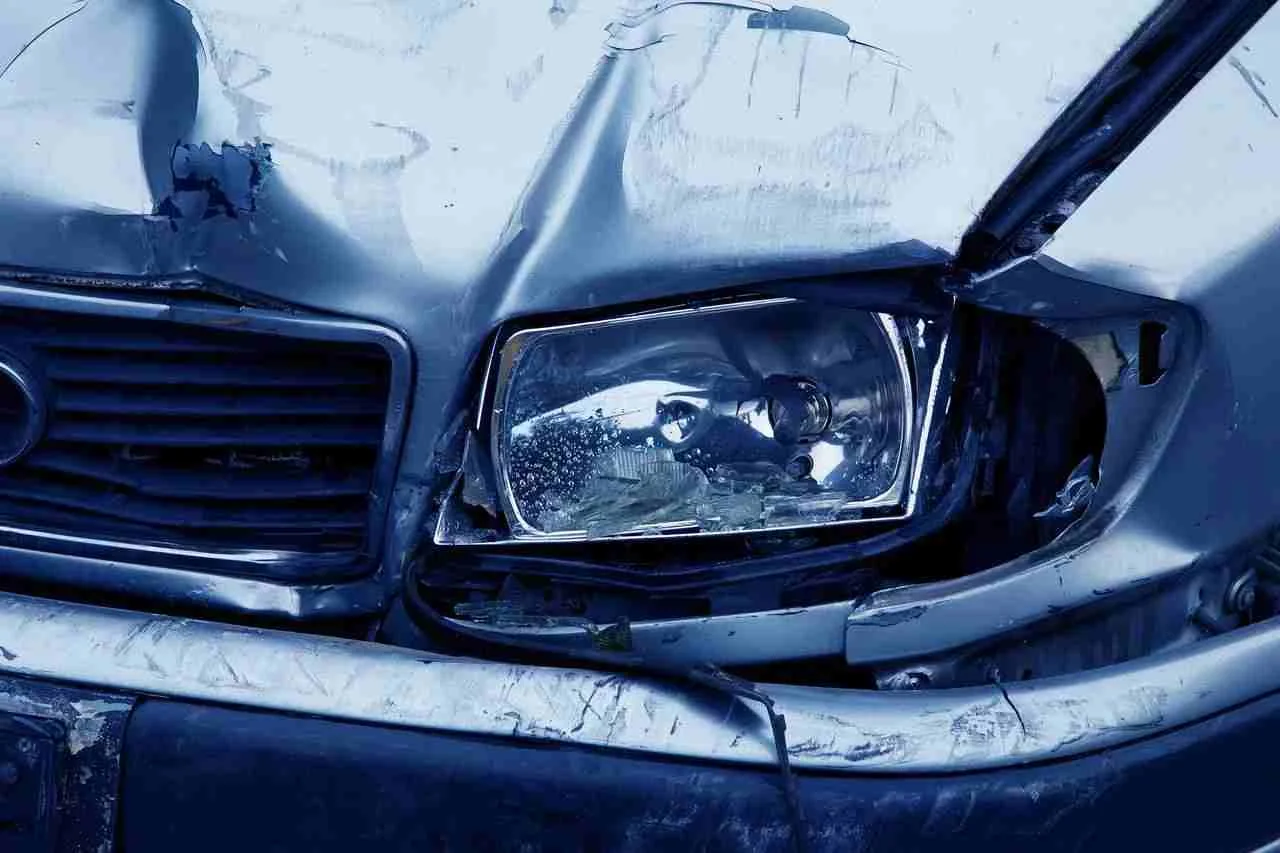The Legal Implications of Distracted Driving in South Carolina

Distracted driving is a significant issue on South Carolina roads, leading to numerous accidents and legal complications. Understanding the legal implications of distracted driving can help both drivers and victims navigate the aftermath of an accident. Here’s an overview of how South Carolina addresses distracted driving and its legal consequences.
What Is Distracted Driving?
Definition: Distracted driving involves any activity that diverts attention from driving, including texting, talking on the phone, eating, or using in-car entertainment systems. The South Carolina Department of Public Safety identifies these activities as primary causes of accidents.
Types of Distractions:
- Visual: Taking your eyes off the road.
- Manual: Removing your hands from the steering wheel.
- Cognitive: Diverting mental focus away from driving.
South Carolina’s Laws on Distracted Driving
Texting While Driving: South Carolina law prohibits texting while driving. According to the South Carolina Code of Laws Section 56-5-3890, it is illegal for drivers to use a handheld device to text, email, or access the internet. Violations of this law can result in fines and points on your driving record.
Handheld Device Use: Although South Carolina does not have a blanket ban on using handheld devices for calls, restrictions apply to texting and other specific uses. However, drivers are encouraged to use hands-free options to avoid potential accidents.
Penalties for Violations: Fines for texting while driving can range from $25 to $100, depending on the circumstances. Additionally, if distracted driving leads to an accident, the driver may face more severe consequences, including higher fines, points on their driving record, and potential license suspension.
Legal Implications for Drivers
Civil Liability: If a distracted driver causes an accident, they may be held civilly liable for damages. Victims can file a personal injury lawsuit to recover compensation for medical expenses, lost wages, pain and suffering, and property damage.
Proving Distracted Driving: To prove that a driver was distracted, victims must gather evidence such as:
- Witness Testimonies: Statements from individuals who saw the driver texting or engaged in other distracting activities.
- Cell Phone Records: Records showing phone usage around the time of the accident.
- Accident Reports: Police reports that may indicate signs of distracted driving.
- Insurance Implications: Insurance companies may use evidence of distracted driving to determine fault and adjust settlements. Drivers who are found to be distracted may face higher insurance premiums or denial of coverage.
Legal Implications for Victims
Proving Fault: Victims need to demonstrate that the other driver’s distraction was the direct cause of the accident. This involves presenting evidence such as traffic camera footage, phone records, or witness accounts.
Claim Process: Victims can file claims with the at-fault driver’s insurance company or pursue a lawsuit if necessary. Legal representation can help navigate the complexities of proving distracted driving and securing fair compensation.
Preventative Measures and Best Practices
Avoid Distractions: Drivers should avoid using their phones, eating, or engaging in other distracting activities while driving. Utilizing hands-free technology and setting up navigation systems before starting to drive can minimize distractions.
Educate Others: Promoting awareness about the dangers of distracted driving can help prevent accidents. Drivers should be encouraged to follow South Carolina’s laws and practice safe driving habits.
Report Violations: If you observe a driver engaging in dangerous behavior, report it to law enforcement. This can help prevent potential accidents and enforce distracted driving laws.
Conclusion
Distracted driving has serious legal implications in South Carolina, affecting both drivers and victims. By understanding the laws and consequences associated with distracted driving, you can better protect yourself and others on the road. If you’re involved in an accident caused by a distracted driver, gathering evidence and seeking legal advice can help you navigate the claim process and secure the compensation you deserve. Staying informed and practicing safe driving habits are essential steps in reducing the risks associated with distracted driving.
